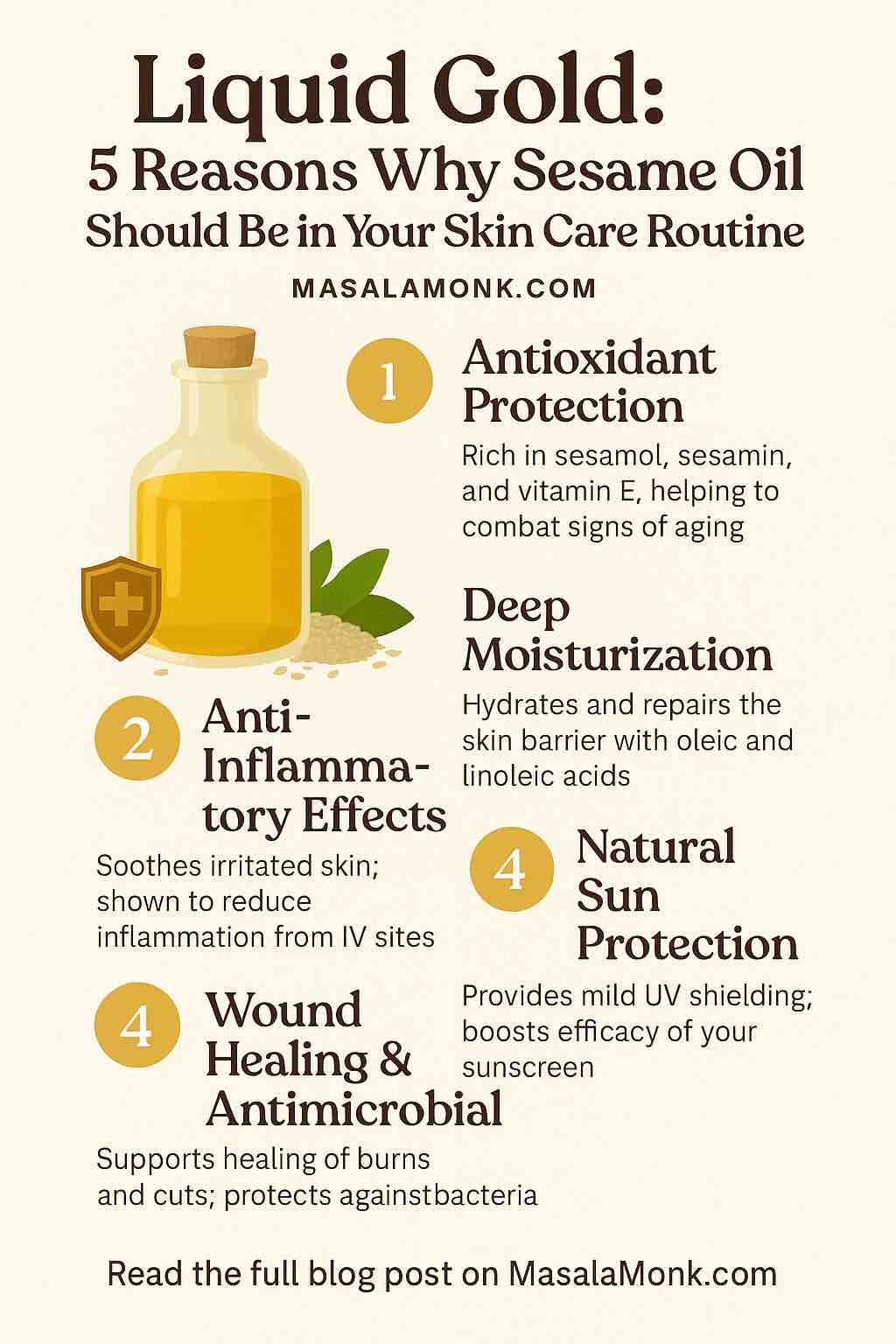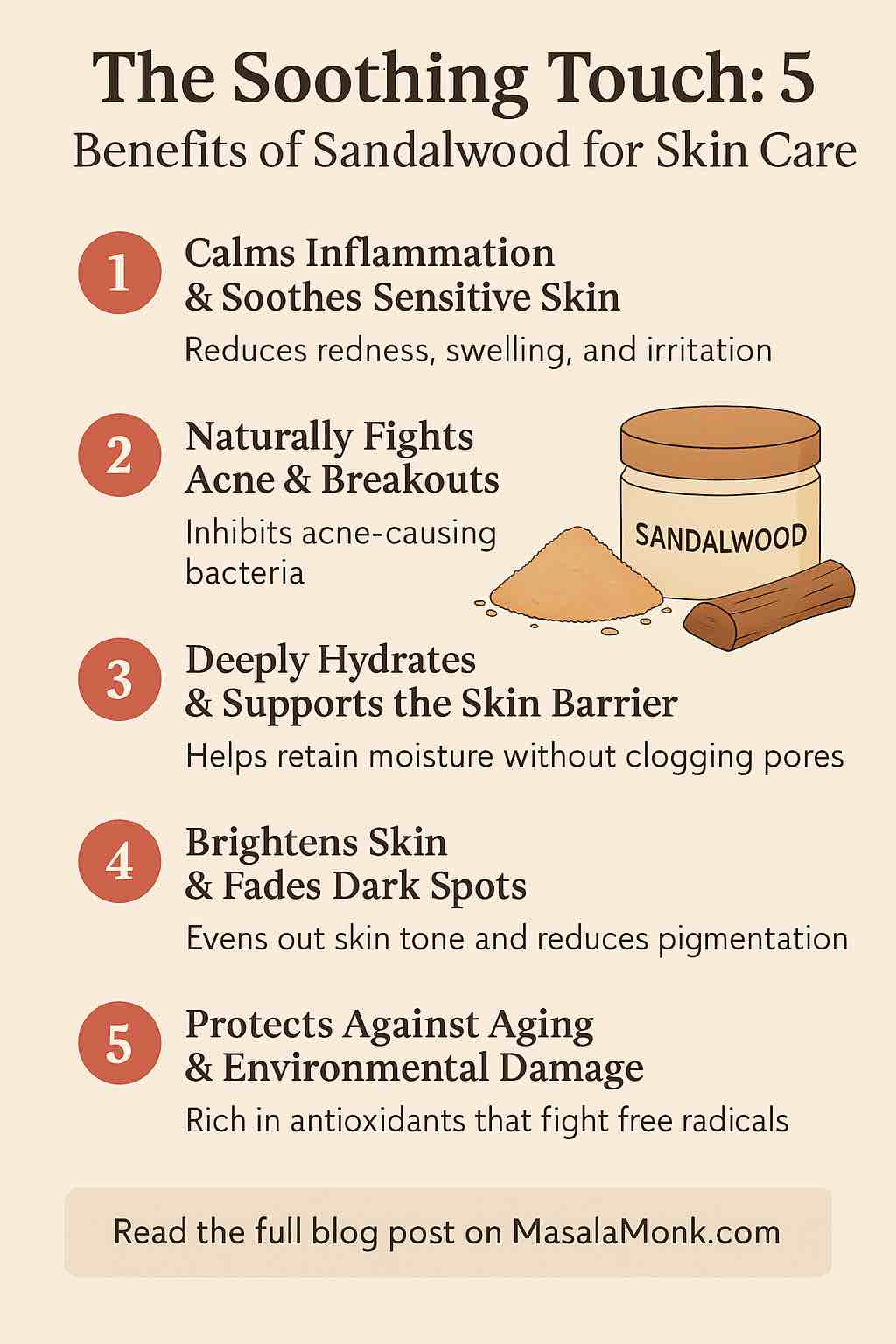
Feeling sluggish in the mornings?
You’re not alone. That groggy, slow-motion start is something millions of us battle every day. But what if the secret to all-day energy, sharper focus, and better health was hiding in a handful of nuts?
That’s right! Almonds, walnuts, pistachios, hazelnuts, and their nutty friends are more than just snacks—they’re morning game-changers. Whether you’re tackling a mountain of emails, rushing the kids to school, or prepping for a big presentation, the right nutty breakfast can be your natural caffeine boost—no jitters, no crash.
Let’s dive into the science, the how-to, and some irresistibly easy recipes!
1. Almond & Date Energy Bites: The Portable Powerhouse
Why almonds?
- Stable energy: Recent studies (2025, Oregon State & npj Science of Food) confirm that about 1.5oz/42g of almonds in the morning helps stabilize blood sugar and cut mid-morning cravings.
- Gut health: Almonds are now proven to feed good gut bacteria, leading to less inflammation and even a “ketosis-like” state—meaning longer satiety and more stable energy.
Quick Recipe:
- Ingredients: 1 cup raw almonds, 8 pitted dates, pinch of sea salt.
- Instructions: Blend everything in a food processor. Roll into small balls. Store in the fridge.
- How to enjoy: Grab 2-3 bites with your morning coffee or as a grab-and-go snack.
Pro tip:
Pair with a glass of water for even longer-lasting fullness!
2. Peanut Butter & Banana Toast: The Classic Rebooted
Why this works:
- Protein + potassium: Natural peanut butter delivers sustained energy; bananas give fast-acting carbs and electrolytes.
- Brain fuel: The combo of healthy fat and slow carbs helps you avoid the sugar rollercoaster and stay sharp.
Supercharged Toast Recipe:
- Spread natural peanut butter on a slice of whole grain bread.
- Top with banana slices, sprinkle chia seeds for fiber.
- For extra zing: Add a pinch of cinnamon.
Science Tip:
Combining nuts with whole grains reduces the glycemic spike, helping you stay energized longer and avoid brain fog.
3. Greek Yogurt & Walnut Parfait: Brainpower in a Jar
Why walnuts?
- Brain boost: In 2025, a major cognitive study found that eating 50g (a generous handful) of walnuts at breakfast improved executive function and reaction times for up to 6 hours.
- Omega-3s: Walnuts are the only nut with a significant amount of plant-based omega-3, crucial for memory and mood.
Parfait Perfection:
- Layer Greek yogurt, a handful of chopped walnuts, and fresh berries in a glass.
- Drizzle with a touch of honey or maple syrup.
- Optional: Sprinkle flaxseed for added fiber.
When to eat:
Ideal before a morning meeting or exam—walnuts’ brain-boosting effects hit hardest a few hours post-breakfast!
4. Hazelnut & Cocoa Smoothie: Your Morning Mocha (Without the Crash)
Why hazelnuts + cocoa?
- Vitamin E & antioxidants: Hazelnuts protect your cells and skin; cocoa lifts your mood.
- Fiber & fullness: The combo helps keep hunger at bay till lunchtime.
Dreamy Smoothie Recipe:
- Blend: 2 tbsp hazelnut butter, 1 frozen banana, 1 tbsp unsweetened cocoa powder, 1 cup milk (or plant milk), handful of oats.
- Optional: Dash of vanilla or espresso powder for an extra kick.
Why it works:
Research suggests nuts + cocoa together improve blood flow to the brain—think alertness, but with a delicious chocolate twist.
5. Pistachio & Berry Oatmeal: The Power Breakfast
Why pistachios?
- Complete protein: One of the only nuts with all 9 essential amino acids—rare for plant foods!
- B6 for energy: Vital for breaking down food into usable fuel.
Morning Oats with a Twist:
- Cook oats as usual.
- Stir in a small handful of shelled pistachios and a cup of mixed berries.
- Top with: A splash of almond milk and (if you like) a drizzle of honey.
Health tip:
Pistachios’ unique nutrient combo helps keep your blood sugar steady, so you avoid the mid-morning slump.
Nuttylicious Morning Boosters Table
| Booster | Key Nutrients | Main Health Benefits | When to Eat | Quick Recipe/How-To |
|---|---|---|---|---|
| Almond & Date Energy Bites | Protein, Mg, Vit E | Stable energy, gut health, appetite control | On-the-go AM | Blend 1 cup almonds + 8 dates; roll into balls. |
| Peanut Butter Banana Toast | Protein, potassium | Quick/lasting energy, muscle & brain fuel | Breakfast, pre-workout | Spread peanut butter on wholegrain toast, top with banana. |
| Greek Yogurt Walnut Parfait | Omega-3, antioxidants | Cognitive boost, memory, satiety, gut health | Before meetings | Layer yogurt, walnuts, berries; drizzle with honey. |
| Hazelnut Cocoa Smoothie | Vitamin E, antioxidants | Mood, cell health, blood flow, fullness | Early AM, snack | Blend hazelnut butter, banana, cocoa, milk, oats. |
| Pistachio Berry Oatmeal | Complete protein, B6 | Blood sugar control, long energy, satiety | Hearty breakfast | Cook oats, add pistachios, berries, almond milk. |
Science Corner: Latest Findings (2025 Edition)
- Almonds: Daily morning intake improves cholesterol, reduces inflammation, promotes gut health, and helps with weight control—without adding pounds.
- Walnuts: Eating walnuts at breakfast boosts cognitive performance and reaction time that same day—effects proven in day-long trials.
- All nuts: Rich in vitamins, minerals, plant protein, and polyphenols, nuts are linked to better heart, brain, and gut health.
Your Nuttylicious Morning Blueprint
Step 1: Pick your nut (or mix them up!)
- Almonds for stable energy and appetite control.
- Walnuts for brainpower.
- Pistachios for protein and mood.
- Hazelnuts for glowing skin and a chocolatey flavor.
Step 2: Combine with whole grains, fruit, or dairy for extra staying power.
Step 3: Time it right.
- Eat your nutty breakfast within 1 hour of waking for the biggest energy and mood payoff.
Step 4: Keep portions practical.
- 1–1.5 oz (about a small handful) is perfect for most people.
- Too much? Can cause tummy upset or excess calories—balance is key!
Ready to Rise and Shine?
Start tomorrow with a nuttylicious breakfast and notice the difference—more energy, better focus, and a lighter mood, all morning long.
Have a favorite nut recipe or want to personalize your morning plan? Drop a comment or question below—I’d love to help you craft your best breakfast ever!
References (2025)
- Oregon State University: Almond Metabolic Study
- npj Science of Food: Almonds & Gut Microbiome
- Reading University: Walnuts & Brain Function
- Verywell Health: Handful of Walnuts Every Day
- Almond Board: Cardiometabolic Benefits
- Times of India: Walnuts for Breakfast
Here’s to a better, brighter, and nut-powered morning!
10 FAQs for Nuttylicious Morning Boosters
1. Can I eat nuts every day for breakfast?
Yes! Clinical research supports daily nut consumption as part of a balanced diet. Just keep to moderate portions (about 1–1.5 oz/28–42g), as nuts are energy-dense.
2. Will eating nuts in the morning help with weight loss?
Yes—when eaten in moderation. Nuts increase satiety and help regulate blood sugar, so you feel fuller longer and are less likely to snack on high-sugar foods later.
3. Are raw or roasted nuts healthier?
Both offer health benefits. Raw nuts preserve the most nutrients, while dry-roasted nuts (without added oil or salt) are also a good choice. Avoid heavily salted or oil-roasted varieties for everyday use.
4. What’s the best way to store nuts to keep them fresh?
Store nuts in airtight containers, ideally in the refrigerator or freezer to prevent rancidity. They can last several months when stored this way.
5. Can I use nut butters instead of whole nuts?
Absolutely! Nut butters (peanut, almond, hazelnut, etc.) deliver similar benefits. Choose natural butters with minimal added sugar or oil.
6. Are nuts safe for people with high cholesterol?
Yes. Many studies show that nuts, especially almonds and walnuts, help lower LDL (“bad”) cholesterol when eaten as part of a healthy diet.
7. Can I eat nuts if I’m diabetic or pre-diabetic?
Yes, nuts can help manage blood sugar and improve insulin sensitivity. Pairing nuts with low-glycemic foods (like oats or yogurt) is especially beneficial.
8. What are good nut alternatives for people with allergies?
Try sunflower seeds, pumpkin seeds, or soy nuts. They offer similar nutrients and can be used in most recipes.
9. Is it better to eat nuts alone or with other foods?
Eating nuts with complex carbs (like oats or whole grains) or protein (like yogurt) provides longer-lasting energy and a more balanced nutrient profile.
10. Can children and seniors enjoy these nut-based breakfasts?
Yes, but for children under 5, serve nuts as butters or finely ground to avoid choking hazards. For seniors, softer textures (yogurt parfaits, smoothies) may be easier to eat.













